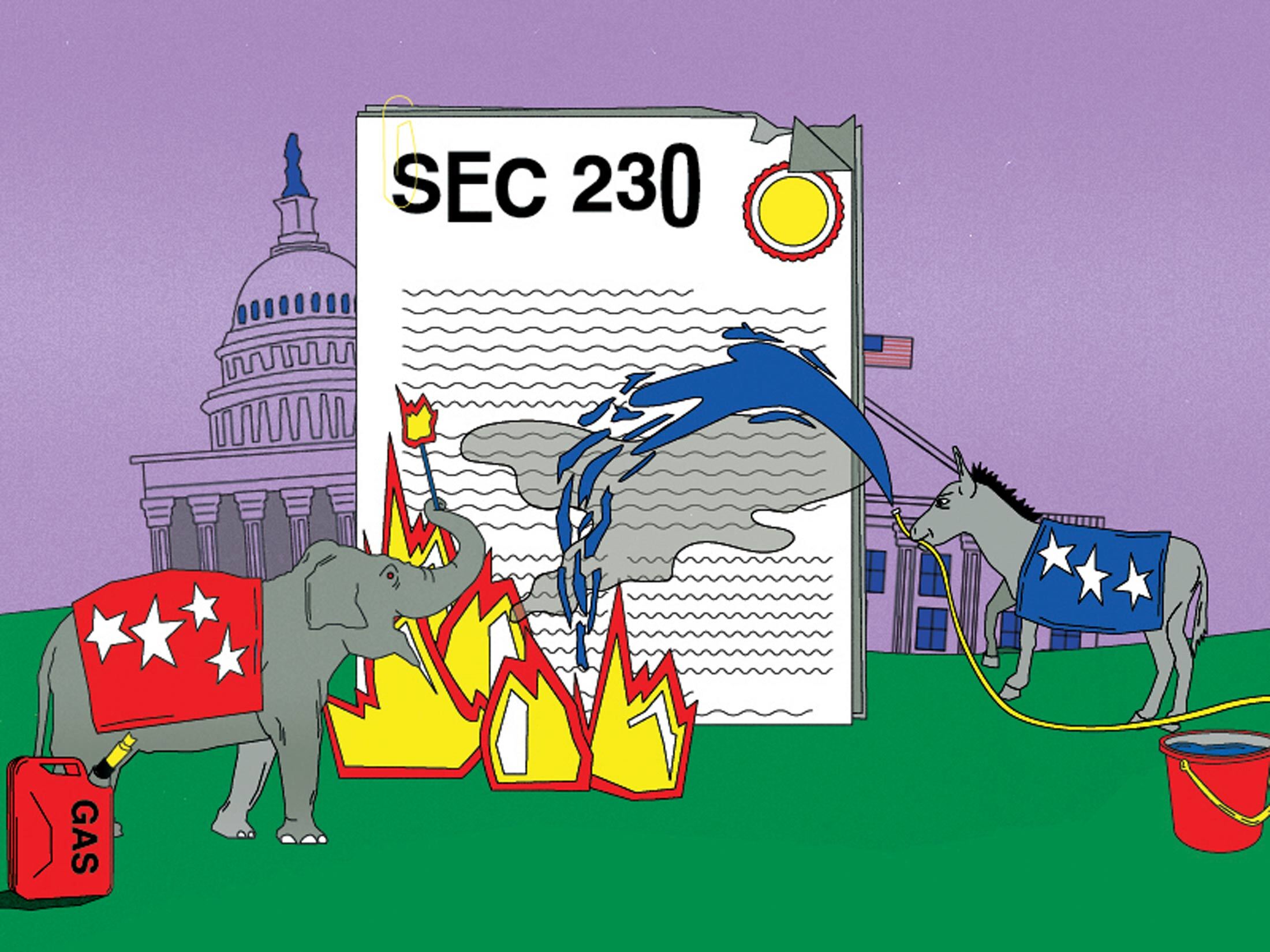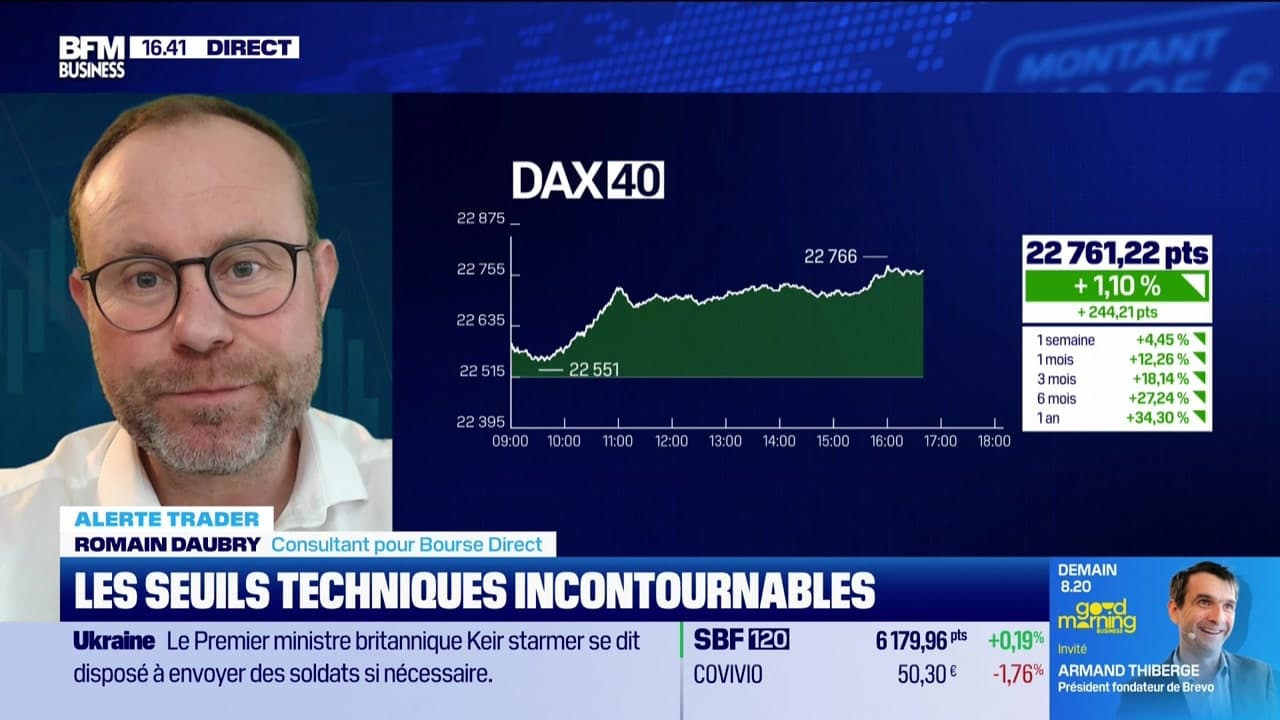EBay Faces Legal Action: Section 230 And The Sale Of Banned Chemicals

Table of Contents
Understanding Section 230 and its Relevance to Online Marketplaces
What is Section 230?
Section 230 of the Communications Decency Act of 1996 is a cornerstone of internet law in the United States. In simple terms, it protects online platforms from liability for content posted by their users. This means websites and online marketplaces like eBay aren't typically held responsible for what their users – in this case, third-party sellers – post or sell on their platforms. This protection is crucial for the functioning of the internet, enabling the free flow of information and fostering innovation. However, Section 230 isn't absolute. Its protection doesn't extend to instances where the platform actively creates or develops illegal content, or knowingly facilitates illegal activity.
eBay's Reliance on Section 230
eBay, like other large online marketplaces, heavily relies on Section 230 to avoid liability for the actions of its millions of sellers. The platform argues that it's merely a neutral host, providing a platform for transactions but not directly involved in the creation or sale of individual items. This allows eBay to operate without being held legally responsible for every item listed on its site.
The Case Against eBay: Circumventing Section 230?
The legal action against eBay alleges that the platform's actions go beyond that of a neutral host. Plaintiffs claim that eBay actively facilitates the sale of banned chemicals by failing to adequately monitor and enforce its own policies against prohibited items. They argue that eBay’s knowledge of, and inaction concerning, the illegal sales, negates the protection offered by Section 230. The lawsuit details specific instances where banned chemicals were readily available for purchase, highlighting alleged failures in eBay's monitoring and enforcement systems. Similar lawsuits targeting other online platforms for the sale of illegal goods are also emerging, setting a precedent for future legal challenges.
The Sale of Banned Chemicals on eBay: A Growing Concern
Types of Banned Chemicals Sold on eBay
Online marketplaces, including eBay, have become a breeding ground for the sale of various banned or heavily regulated chemicals. These include:
- Pesticides: Many highly toxic pesticides are restricted or banned due to their environmental and health risks.
- Industrial Solvents: Certain solvents used in manufacturing are incredibly dangerous and their sale is tightly controlled.
- Precursors to Illegal Drugs: Chemicals that can be used in the synthesis of illegal drugs are often targeted for restriction.
- Hazardous Materials: Various materials posing significant fire, health, or environmental hazards are subject to stringent regulations.
The dangers associated with these chemicals are immense, ranging from acute poisoning and environmental damage to long-term health problems. Accessing reliable safety information and adhering to relevant regulations is critical.
eBay's Policies and Enforcement Measures
eBay maintains policies prohibiting the sale of prohibited and restricted items, including banned chemicals. However, the effectiveness of these policies is being challenged in the ongoing legal action. Critics argue that eBay's enforcement mechanisms are inadequate to prevent the widespread sale of these dangerous substances. The lawsuit points to a gap between eBay's stated policies and their practical implementation, highlighting the need for improved monitoring and more robust enforcement.
The Role of Third-Party Sellers
The sheer volume of third-party sellers on eBay presents a significant challenge in regulating the sale of prohibited items. While eBay bears responsibility for establishing and enforcing its policies, individual sellers also have a legal and ethical obligation to ensure they are not selling illegal or dangerous goods. The balance of responsibility between the platform and its sellers remains a central point of contention in the legal battle.
Implications for E-commerce and Online Marketplaces
Potential Changes to E-commerce Regulations
The outcome of the eBay lawsuit could significantly impact future e-commerce legislation. It might lead to stricter regulations on online marketplaces, increasing their responsibility for the actions of their third-party sellers. Proposed changes may include enhanced monitoring requirements, stricter penalties for non-compliance, and a re-evaluation of Section 230's application to online marketplaces.
Increased Scrutiny of Online Platforms
The lawsuit has placed online marketplaces under intense scrutiny, prompting a reassessment of their roles and responsibilities. This increased pressure will likely lead to significant changes in how platforms monitor and enforce their policies. Expect to see greater investment in technology and resources dedicated to identifying and removing illegal items from online marketplaces.
Impact on Sellers and Consumers
The legal battle carries significant implications for both sellers and consumers. Sellers who unknowingly sell banned items could face legal repercussions, highlighting the need for sellers to be diligent in understanding and complying with relevant regulations. Consumers, meanwhile, face the risk of purchasing dangerous chemicals online, underscoring the importance of verifying the legitimacy and safety of online purchases.
Conclusion: eBay's Legal Predicament and the Future of Online Marketplace Responsibility
The legal action against eBay underscores the complex relationship between Section 230, online marketplaces, and the responsibility for preventing the sale of illegal goods. While Section 230 offers crucial protection for online platforms, it's not a shield against willful negligence or active facilitation of illegal activities. The case highlights the need for online marketplaces to take a proactive approach in monitoring and enforcing their policies, investing in robust systems to prevent the sale of banned chemicals and other dangerous goods. Stay informed about the ongoing legal battle and the evolving landscape of e-commerce regulations. Share your thoughts and perspectives on the critical issues raised in this case. The future of online marketplace responsibility depends on a collective effort to ensure safe and legal online commerce. Let's discuss the implications of eBay's legal battle and the sale of banned chemicals further.

Featured Posts
-
 Invesco And Barings Making Private Credit Accessible To All Investors
Apr 23, 2025
Invesco And Barings Making Private Credit Accessible To All Investors
Apr 23, 2025 -
 Ankara 10 Mart 2025 Pazartesi Iftar Ve Sahur Saatleri
Apr 23, 2025
Ankara 10 Mart 2025 Pazartesi Iftar Ve Sahur Saatleri
Apr 23, 2025 -
 Alerte Trader Identifier Et Exploiter Les Seuils Techniques Sur Les Marches
Apr 23, 2025
Alerte Trader Identifier Et Exploiter Les Seuils Techniques Sur Les Marches
Apr 23, 2025 -
 The Economic Repercussions Of Trumps Tariffs On Canadian Households
Apr 23, 2025
The Economic Repercussions Of Trumps Tariffs On Canadian Households
Apr 23, 2025 -
 Posthaste Navigating The Economic Impact Of Trumps Tariffs On Canadian Families
Apr 23, 2025
Posthaste Navigating The Economic Impact Of Trumps Tariffs On Canadian Families
Apr 23, 2025
